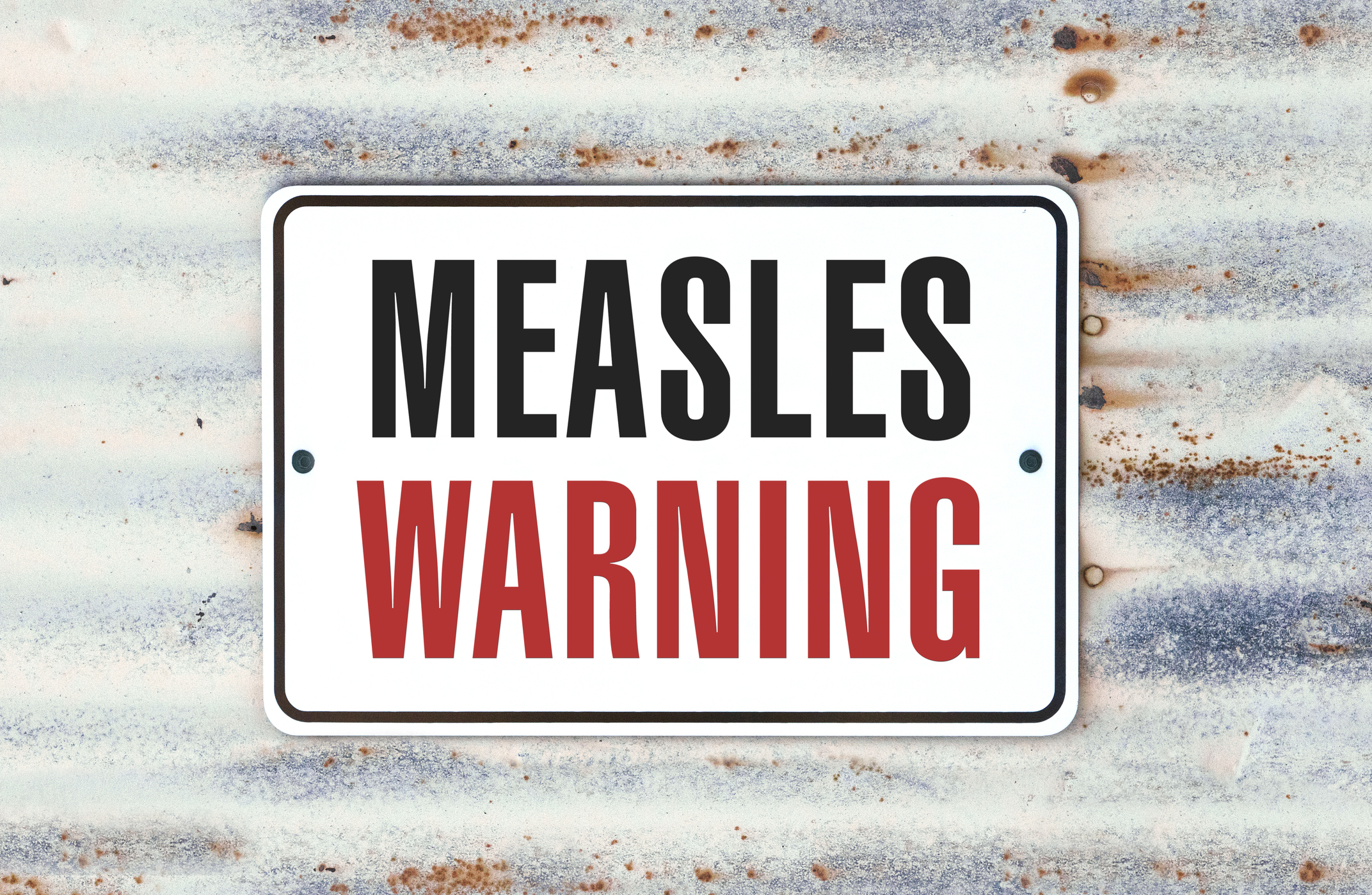NEWS
How to Prevent Measles
May 20, 2019

How to Prevent Measles
Measles, a viral respiratory illness, is highly contagious. Outbreaks of the disease have been reported around the country, and in recent months, cases among children have been reported in New Jersey.
Vaccination remains extremely safe and effective in preventing the transmission of measles, according to Peter Wenger, MD, an infectious disease specialist at The Children’s Hospital at Saint Peter’s University Hospital.
The following Q & A from the Saint Peter’s Better Health Library provides more information about measles and tips for preventing the transmission of the disease.
How can I prevent my child from contracting measles?
The measles vaccine is usually given as part of a combination vaccine known as the MMR which also includes vaccines for mumps and rubella. The MMR vaccine is given in two doses. The first dose is given between ages 12 months to 15 months old. A second dose is given between ages four and six. The second dose needs to be given at least four weeks after the first dose. During an outbreak, your child may need another booster shot.
How is the measles vaccine given?
The measles vaccine is one of the routine vaccines recommended for children. Children should be vaccinated for measles with 2 doses:
· First dose at 12 to 15 months of age
· Second dose at 4 to 6 years of age
For children who have not been vaccinated, getting the vaccine up to 3 days after exposure to measles may prevent the disease.
Other ways to prevent the spread of measles among children include:
· Keeping children home from school or daycare for four days after the rash appears. Consult with your health care provider about the ideal timeframe.
· Checking that all of your child's friends and caregivers have been vaccinated.
What are the symptoms of measles?
Because the symptoms of measles may look like other health problems, it is important to seek out a health care provider when measles is suspected.
Measles often starts with cold-like symptoms, such as:
· Fever
· Runny nose
· Inflammation and redness of the covering of the white part of the eye (conjunctivitis)
· Cough
· Tiny white spots inside the mouth (Koplik spots)
· Red flat rash that starts usually on the face and spreads to the torso, arms, legs and feet.
· The red rash usually appears within a few days after the onset of symptoms such as fever and runny nose. Once the rash appears, the fever may get much higher. The rash fades in four to seven days as symptoms disappear.
How is measles treated?
Treatment depends on a child’s symptoms, age and general health. It will also depend on how severe the condition is. Doctors may prescribe vitamin A in two doses to help prevent eye
damage and blindness. Although vitamin A cannot treat measles or prevent it, it can also lower the risk for serious complications and death from infection.
Other treatment includes:
· Medicine for fever or discomfort. Don't give ibuprofen to a child younger than 6 months old, unless your health care provider tells you to. Don't give aspirin to children. Aspirin can cause a serious health condition called Reye syndrome.
· Antibiotic medicine for complications such as bacterial infections that may develop. Antibiotics are not effective in treating viral infections like measles.
·
Talk with your health care providers about the risks, benefits and possible side effects of all medicines.
What are possible complications of measles?
Most children get better with no lasting effects. But measles can lead to serious complications or even death.
Complications of measles include:
· Middle ear infection that may lead to hearing loss
· Infection of the lungs (pneumonia)
· Infection of the upper airway with trouble breathing and cough (croup)
· Diarrhea
· Infection of the brain (encephalitis) Damage to vision
Severe complications include:
· Death
· Subacute sclerosing, an extremely serious rare degenerative central nervous system disease.
When should I call my health care provider if my child has the measles?
Call your child's health care provider right away if you suspect measles. Get emergency care if your child has:
· A fever higher than 105°F (40.5°C)
· Trouble breathing
· A severe headache
· Confusion or clumsiness
